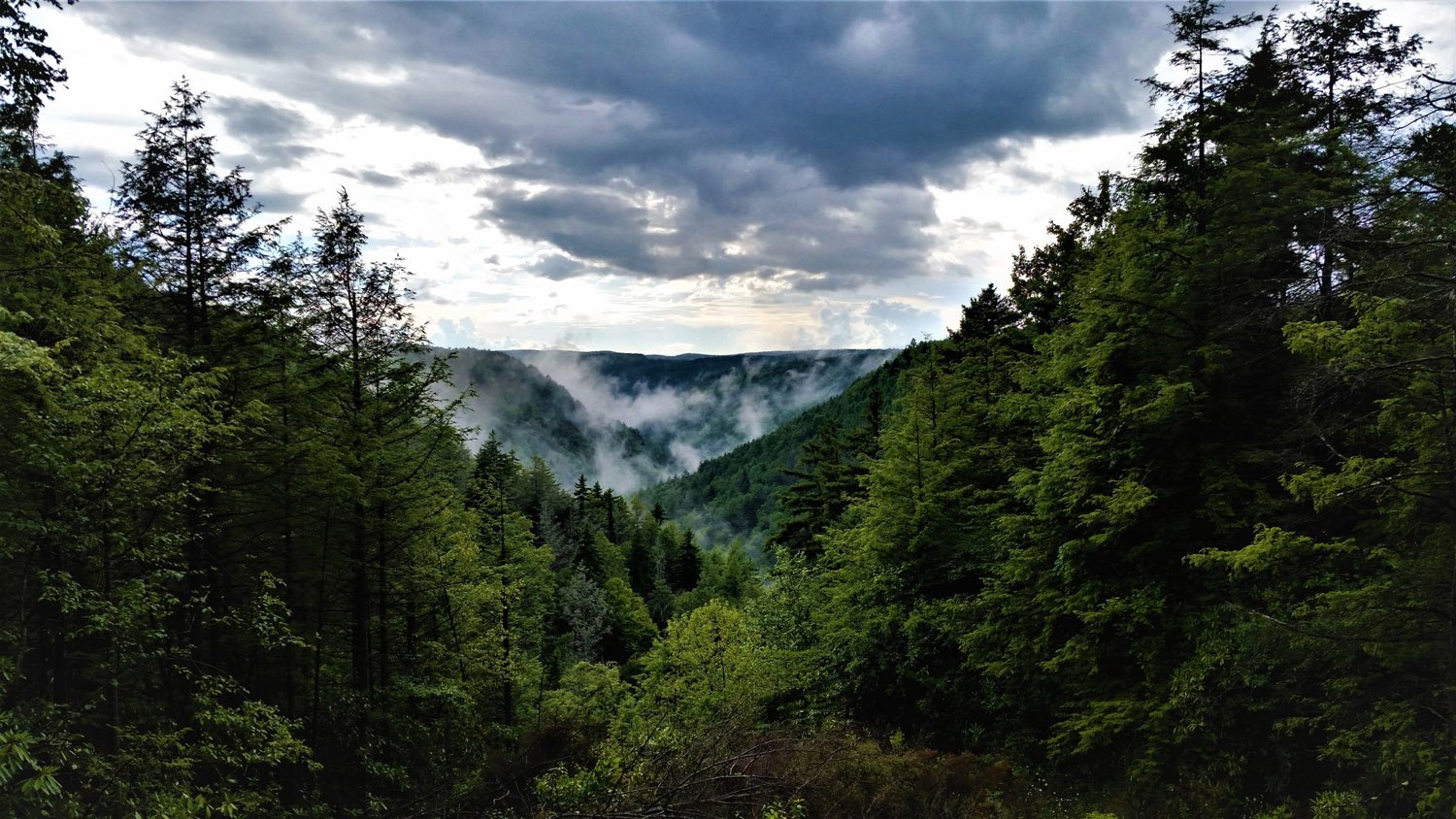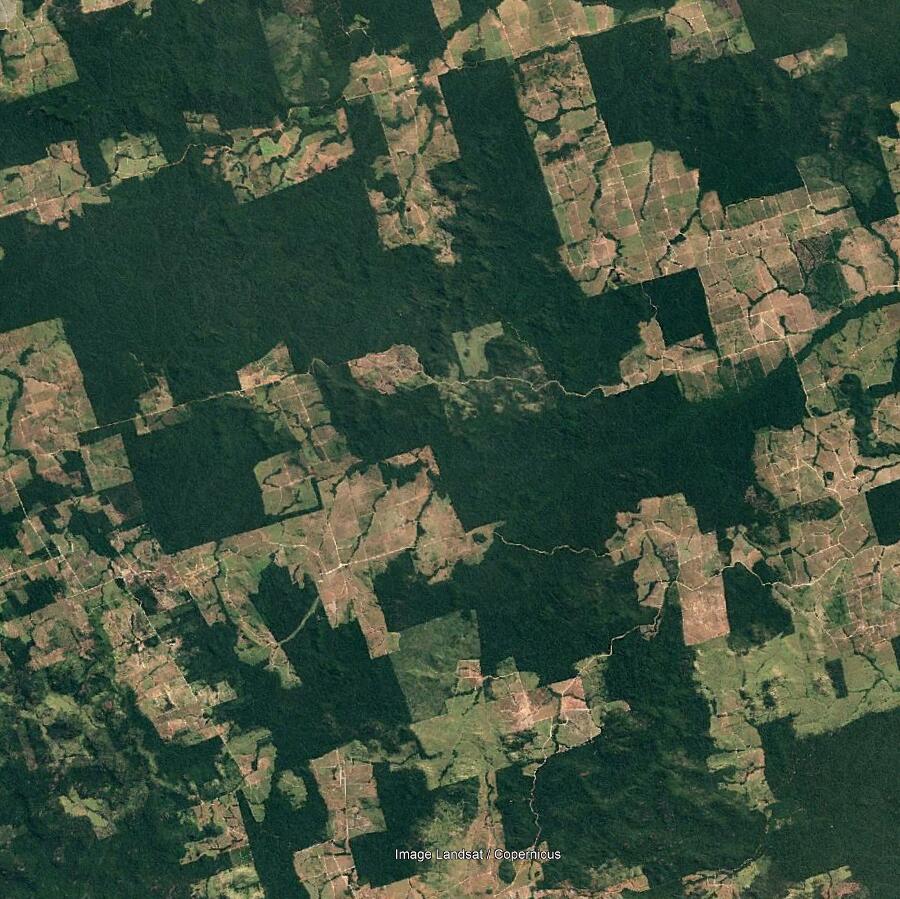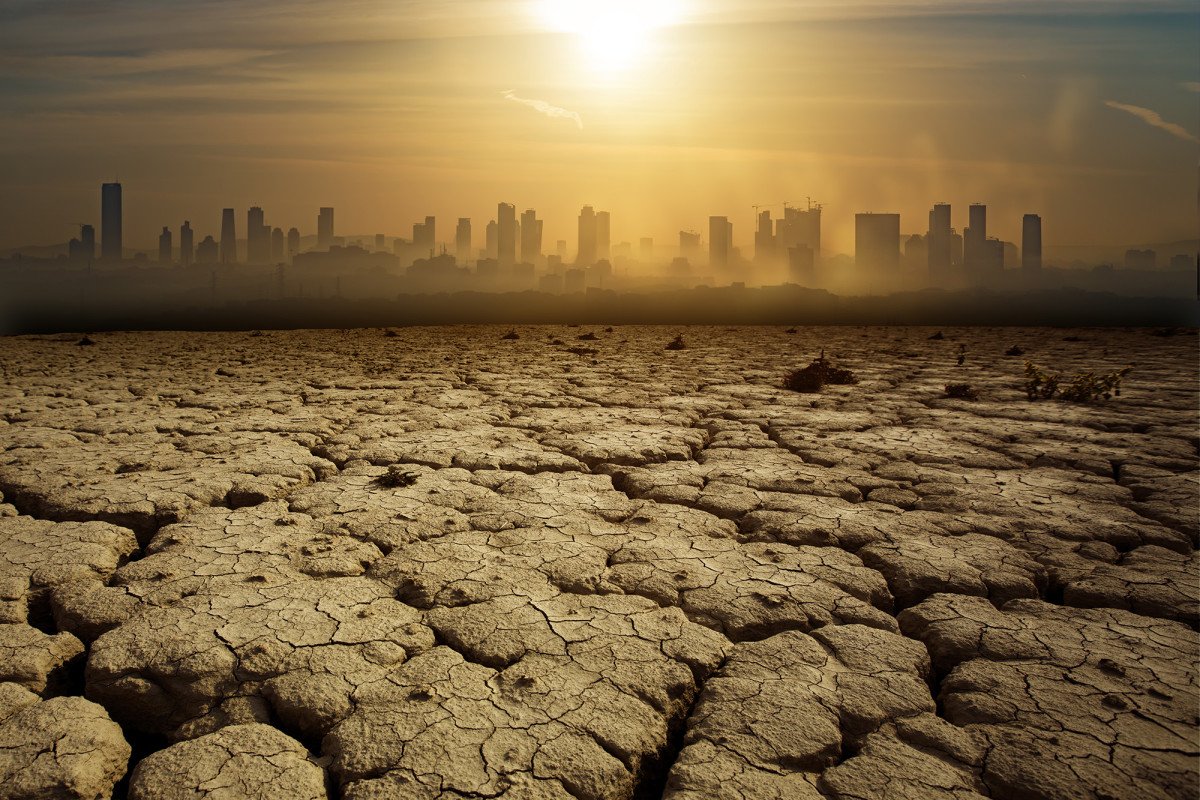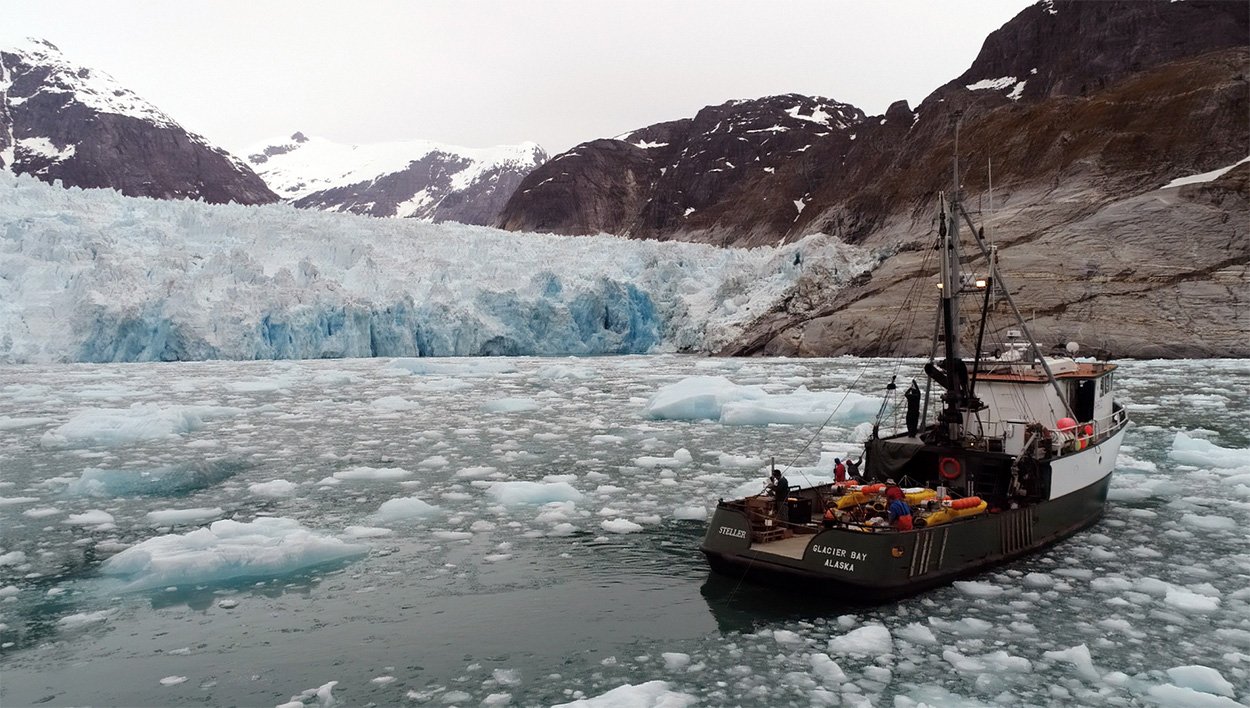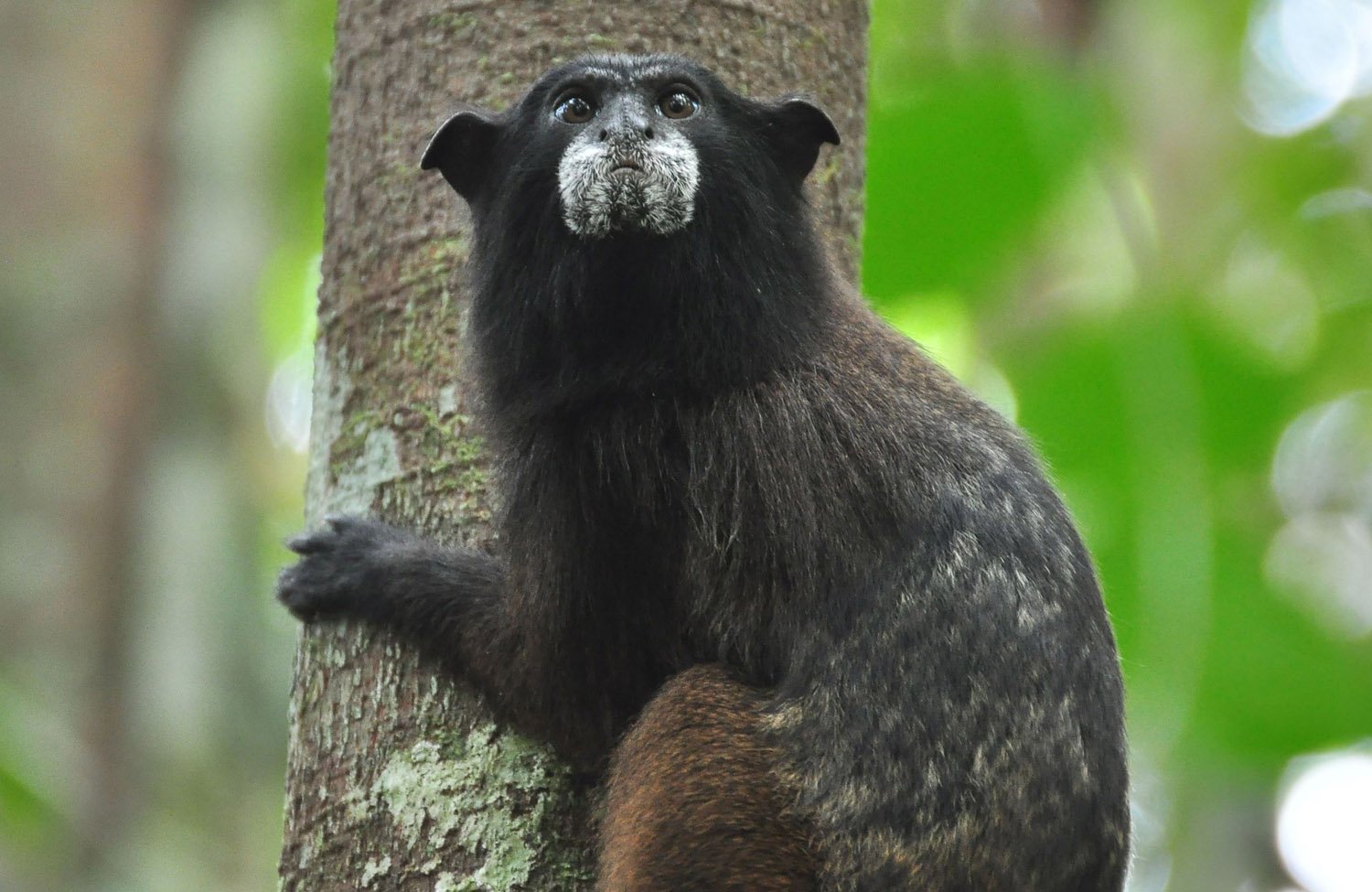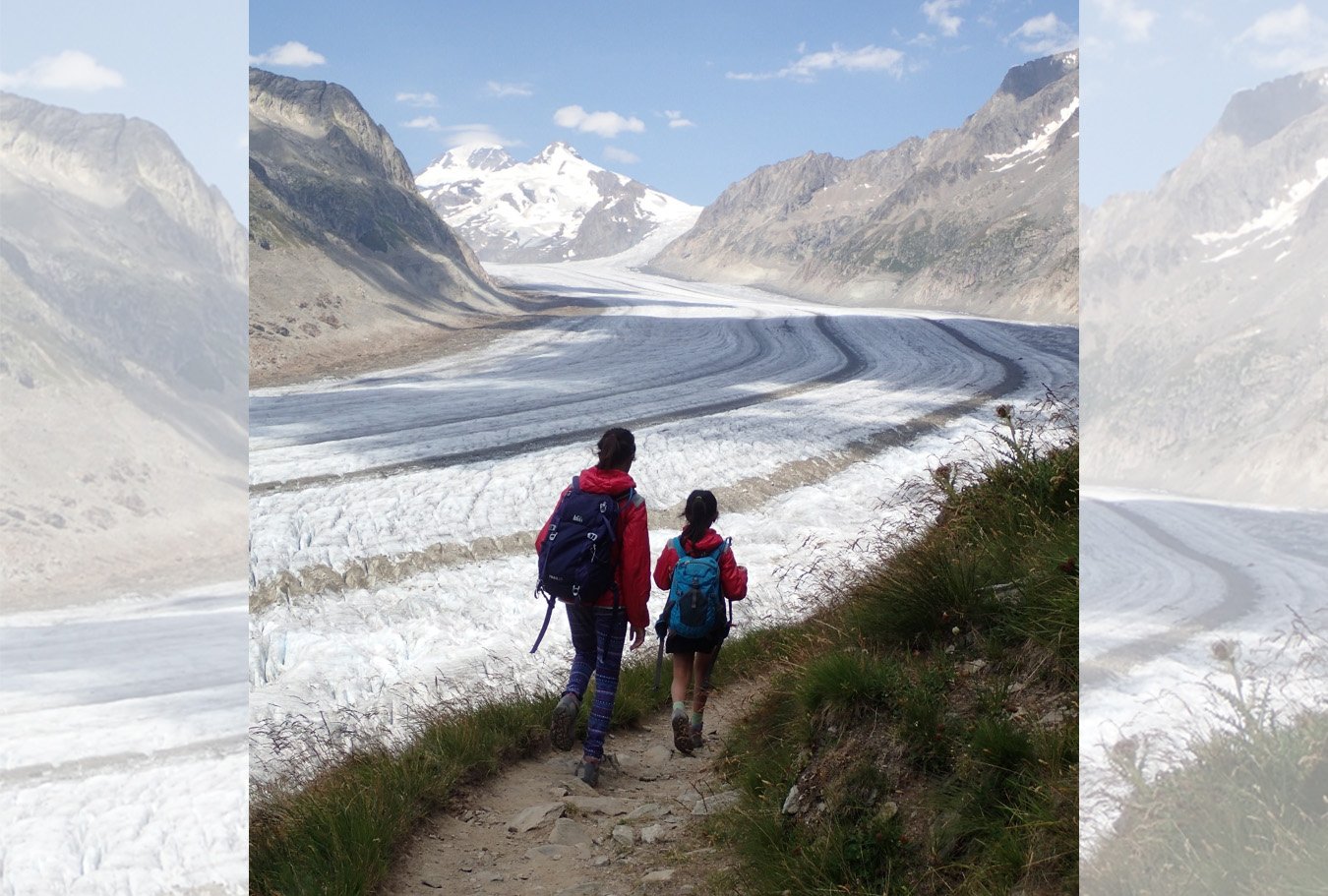Plants use more water in soils leached by acid rain, West Virginia forest study shows
In one of the first long-term studies to explore how changing soils have impacted plant water uptake, researchers report that plants in soil leached by polluted rain drink more water. These findings reveal acid rain’s long-term impact on large-scale forest water cycles, which is critical for understanding future water availability, and they could also help … Read more
